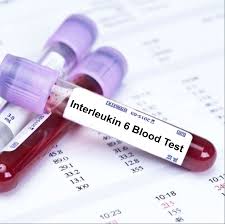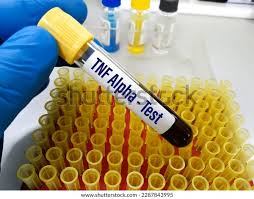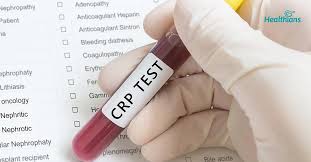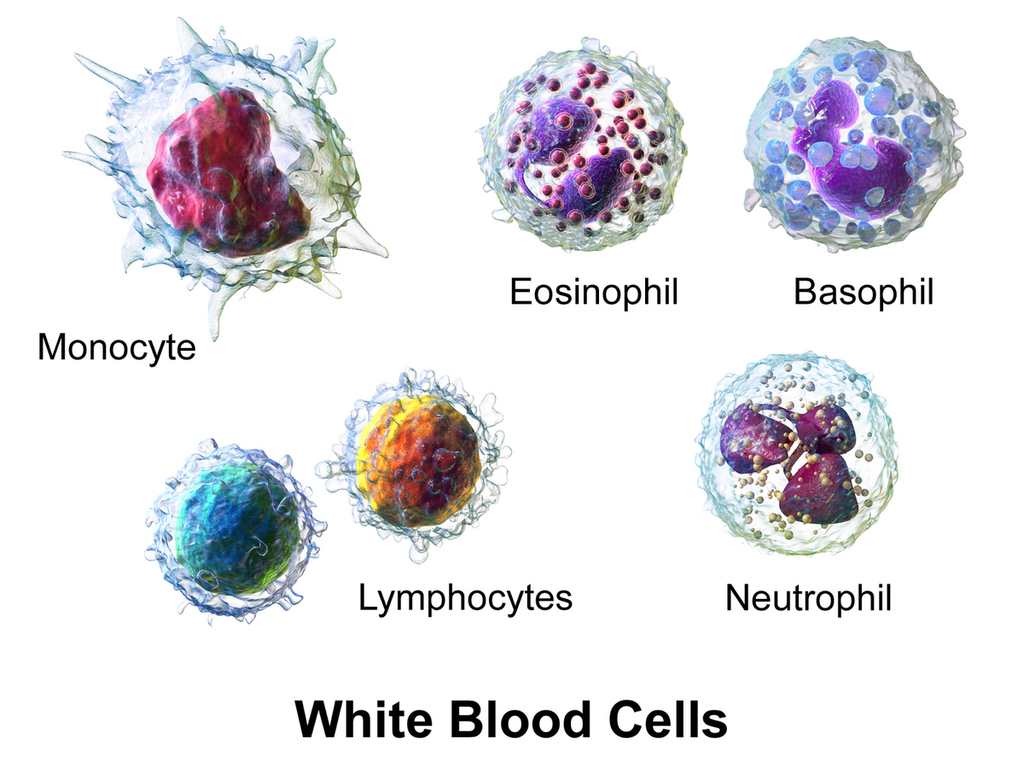
Total Cholesterol
Checking the total cholesterol levels regularly can give you a precise idea of how well your cardiovascular system is functioning. It is an essential biomarker to check for heart disease and to understand what you need to do to improve your cardiovascular system.
The total cholesterol biomarker is also vital for annual check-ups and regular tests so that you're able to maintain the levels to ensure wellbeing. You can also check for underlying issues with vitality, energy levels, circulation, and pain, by checking for your total cholesterol biomarker.
What is total cholesterol?
Cholesterol is a lipid that has a vital role in multiple functions throughout the body. It helps in producing bile, developing hormones, making the cell membrane, and vitamin D processing, among other vital functions.
Your liver produces cholesterol for normal functioning of the body, and you can get cholesterol from your food. Your body needs cholesterol to function optimally, which is why tracking for higher and lower levels will be important for longevity.
Checking the total cholesterol level will be important to understand the complete picture of the cholesterol movement throughout the body. High levels of LDL and lower levels of HDL can indicate a certain issue with processing cholesterol in the body.
These levels are checked under Cholesterol biomarker
There are essentially three main levels that are checked under the cholesterol biomarker test. The lipid profile test will help you determine what your cholesterol levels are, within the normal mg dl or higher range.
LDL cholesterol (Low density lipoprotein)
The LDL cholesterol is referred to as the bad cholesterol, but its function is to carry cholesterol through the bloodstream. Higher amounts of LDL cholesterol in your blood can be harmful as they can lead to cardiovascular issues.
HDL cholesterol (High density lipoprotein)
The HDL cholesterol is referred to as the good cholesterol and it is vital to have normal ranges of HDL to help your cholesterol get transported back to the liver for excretion.
Triglycerides
Triglycerides are often referred to as the building blocks of cholesterol in the body. They are also circulated in the body to be used as energy by the cells, which is why they're important to maintain normal levels of.
Normal range of total cholesterol
The normal range for total cholesterol biomarker will be less than 200 mg/dL. Your risk of heart disease and other cardiovascular issues should be analysed by taking the total cholesterol marker as a parameter.
Desirable: Less than 200 mg/dL
Borderline high: 200-239 mg/dL
High: 240 mg/dL and above
Your total cholesterol levels, along with your essential ratios, will be able to help provide more information about your overall cardiovascular health. Your lipid panel or HDL, LDL, and triglycerides, will be beneficial to understand over time, as you get older, to prevent the risk of cardiac disease and other issues.
Here's what high cholesterol levels mean
A higher range for your total cholesterol biomarker can indicate a risk factor of building up of plaque and disease risk. Your total cholesterol normal value can be helpful to maintain long-term to ensure optimal wellbeing and functioning.
Your risk of heart disease is also prevented when you have lower or at normal range or lipid profile test normal range for your levels. You can focus on your diet, lifestyle, and omega-3s to help with bringing your total cholesterol levels to normal ranges.

Here's what lower cholesterol levels mean
A low lipid profile test or total cholesterol level can indicate a potential risk of hormonal imbalance, mood management issues, and hypolipidemia. You can check for your levels of cholesterol normal range by your age and gender, to check for the right amount of cholesterol levels.
In children, a low cholesterol level marker is potentially harmful as it can lead to inflammation, infections, and risk of malnourishment. You should focus on raising the cholesterol levels to normal range through medication, diet, and reducing stress.
Are there direct symptoms of out of range total cholesterol biomarker?
There are no direct symptoms of the high or low total cholesterol biomarker, which is why getting tested regularly is key. You should check your symptoms through a regular blood test, to help in determining the normal levels for your body.
The symptoms of general high cholesterol or cardiac issues can include chest pain, inflammation, energy management issues, etc. There is also a potential issue of risk of cardiac conditions, when the levels are out of range as well.
How often should I check the biomarker?
You should get the biomarker checked every year or so, especially if you are on medication or are managing another condition. The total cholesterol HDL ratio as well as LDL profile should be checked regularly as well if there is a risk of heart conditions or cardiac issues potentially.
Here's how you can bring total cholesterol levels to normal
You can focus on the following aspects to bring total cholesterol levels to normal. You should also get a complete health check-up done regularly to ensure that you're able to check for other factors that can impact your overall health.
Low cholesterol diet
By following a lower cholesterol diet, you can improve your body's ability to metabolize cholesterol properly. You can also reduce the overall amount of cholesterol entering the body, as well as improve your nutrient intake by opting for fruits, vegetables, and various grains.
Focus on activity
Movement and activity can help metabolize some of the cholesterol flowing in the body. You can improve your sense of wellbeing and enhance your body's ability to process the energy present.
Improve lifestyle
By cutting out smoking, drinking, and excess fried foods consumption, you can improve your lifestyle, reduce your cholesterol levels, and enhance your overall energy levels. You can also improve the functioning of your vital organs, and help them process food better.
Improve omega-3
Omega-3 found in salmon, flax seeds, and other foods can help with managing the cholesterol levels in the body. You can add omega-3s directly, or supplement for them to help you maintain your levels of the total cholesterol biomarker.
Boost soluble fibre
Soluble fibre is essential for the process of metabolizing cholesterol in the body. Foods like oatmeal and kidney beans can help with reducing the LDL cholesterol in the body in some cases, which is why it is an important addition to any nutritional meal plan.

FAQs
Can high cholesterol be genetic?
Yes, in some cases, especially when you have Familial Hypercholesterolemia, you can have a genetic high cholesterol level. You can get a cholesterol test done or a lipid profile test done, to check for the overall levels.
Are eggs bad for cholesterol levels?
Eggs can contain cholesterol and are essential to maintain normal cholesterol levels, but aren't directly tied to getting high cholesterol levels. You should regularly test for the total cholesterol normal range, or check a cholesterol levels by age chart to know your normal levels.
Can stress affect cholesterol levels?
Yes, in some cases stress can impact your overall health, including your cholesterol and cardiovascular markers. You can check what is cholesterol range for your body, and get regularly tested to know more about your health marker.
Can medication impact cholesterol levels?
Yes, in some cases medication can impact cholesterol levels in the body. You can get a regular lipid profile test done if you're on medication for any heart issue, kidney condition, liver issues, etc. The lipid profile cholesterol levels can help in managing the cholesterol normal range.
* * Medical Disclaimer - The following information is for educational purposes only. No information provided on this website, including text, graphic, and images, are intended as substitutes for professional medical advice. Please consult with your doctor about specific medical advice pertaining to your condition(s).






